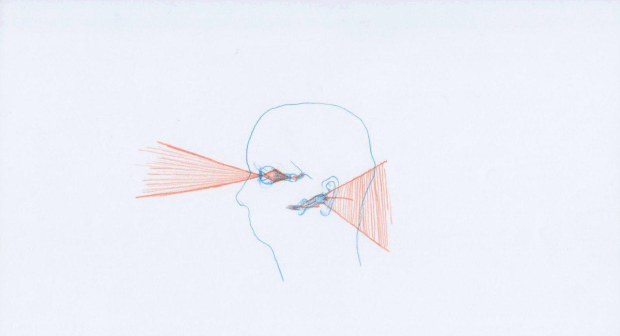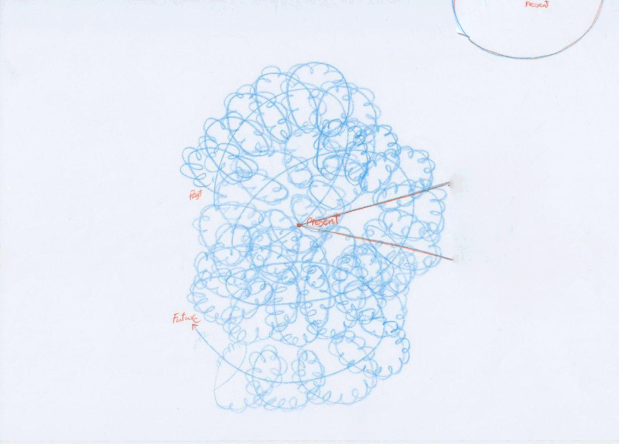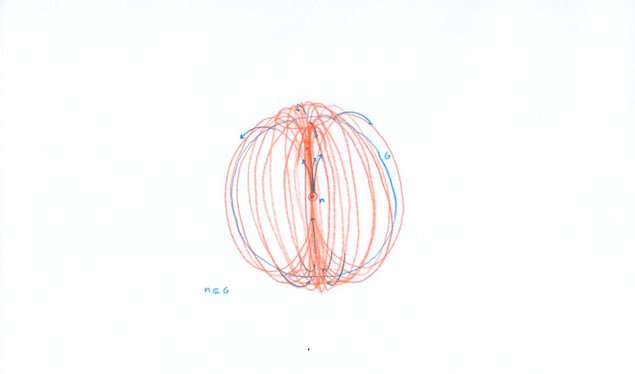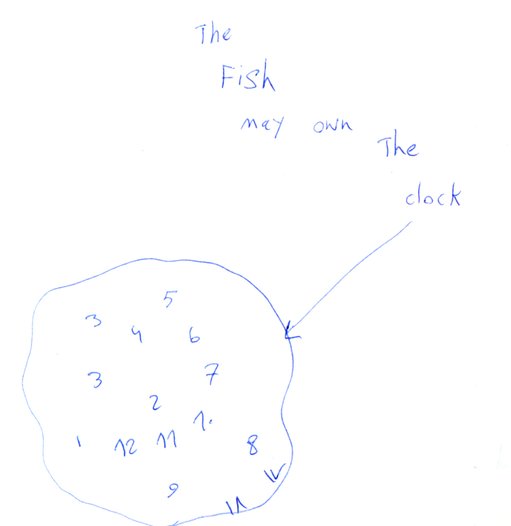Manifesto
( 21.08.2020- 23.08.2020)
The first two months, in which ZEFAK collective was supposed to have access to the working space in Künstlerhäuser Worpswede has coincided with imposed restrictions from the state of Germany due to the Covid-19 Pandemic.
Amidst these turbulent times, Zefak has decided to form a study group and do frequent reading sessions. Most of the work has been done online and developed within a virtual collaboration, close readings, and open discussions between ZEFAK bodies and archival materials.
Calling the future is the outcome that is driven out of our uncertain condition of living. We wish that the form we came up with can trigger conversations that will take place on the first panel: Symposium on the emancipatory reading of universality and arriving at a just future, departing from situated knowledge and local struggles.
We call a future that is still open but yet on the brink of happening. We do the call from a very far past, from the standpoint of certain concerning violent events. Then it arrived at the very virtual and limited presence that COVID-19 has been causing. We continue calling upon the future, a past future, a future present, a present past future, and a future present.
The immediate future juxtaposed with the distant futures will be explored from 21st - 23rd of August; an interdisciplinary conversation will be carried out within the symposium. This is a call to imagine and listen to the future otherwise, one that may lead us to bearable time somewhere at any time.
Calling the Future
Future Archives calls upon everyone who is interested in investigating the possibility of arriving at an alternative future. A future which is not imagined by being blind to the present and the past, but contrastingly emanating from acknowledging the unjust condition of both. We would like to reflect together on some fundamental questions which, despite their very complex nature, need
to be revised and revisited. Is it still possible to cling to a concept of the future that is not only complex but also open and accessible to criticism? If history is not yet wrapped up. If there are still ways in which history can unfold otherwise?
No repetition of ignorance and exploitation. No return to the violent exposure of the earth. No fetishistic approach to the visual and light.
There should be ways to recognize the world without ignorance. What are the obstacles that support the illusion of human independence and governance? How can one recognize the essential tie between all life forms on earth and beyond?
Life is participatory. One needs the work of the unheard and unseen to guarantee the living. The planetary concept is in front of us, easy to register but difficult to represent.
We must explore new sensory organs that make it possible to bring to the surface, the unexceptional characteristics of the human. We should expand our senses to notice the slow violence, the slow destruction, the slow annihilation. The device of representation must be reconfigured.
It is actually quite selfish and egocentric to call it slow. It is perceived as slow because our sensitivity fails to detect it, but we have already changed our perception of time and space. We are now used to these instantaneous transactions. We consume in an instant.
We must recall the study of Frantz Fanon and many others who wished for inventing a new humanity beyond the european master plan, which privileges the white man above all, with a new agenda and not another history of possession and extraction. We will create relationships that are not organized around marking territories and fortifying its barriers. We should remember Stuart Hall when he refused to answer where he came from. The contested notion of origin / Herkunft / اصل و نسب; in order to be able to answer, one has to retell the whole history. A rather long answer has to be given. Or when he wishes for a politics which is constantly inspecting its own grounding. Long-term universalistic value systems that follow long-term historical descriptions.
Thinking about the future is not inherently poisonous, the problem is the short-sighted view of the future.
So if the time span needs to include long term impacts and consequences, the discourse which we tend to encourage must similarly expand the notion of locality and allow for local struggles to reach out to other geographies to inform and shape what the global could be(come).
The present is a charged territory, unravelled past and dominated future collapse in the present moment. The clash between these two opposing forces offers a series of contingencies that seem frustrating to many of us. Is there a way out of this determinacy? We want an alternative mode, a view of the future that is based on the present and the particular, and that starts from the recognition of all the inequalities that an unjust universal regime can cause, but still insists on a sense of solidarity among all.
A universality that does not produce particular discrimination.
This would be a movement from the local to the global, from the very difference that we celebrate and applaud, but we must not abandon the concept of solidarity. Audre Lorde had once suggested that the only way forward is not to say that we are all equal, but to recognize the differences and work together for this just future.
Future Archives is an attempt to wrestle with these inquiries, but we believe that it is impossible to tackle any of the problems mentioned without approaching others with whom we share the burden. We believe there is a lot of work which has to be done and it requires the sharing of knowledge and resources to make it happen. We want to practice listening to each other and discuss together not only the possible, but imagine what can become possible. Future Archives provides a discursive platform that encourages solidarity among societal and political actors. The actionable is predicated on the imaginable, yet the imaginable must not be ahistorical. Power has been exercised throughout history in ways that excluded certain bodies and voices. History must inform the notion of the future and only then could the imagined bring action to the present.
Drawings credit goes to Vafa Aminikia



